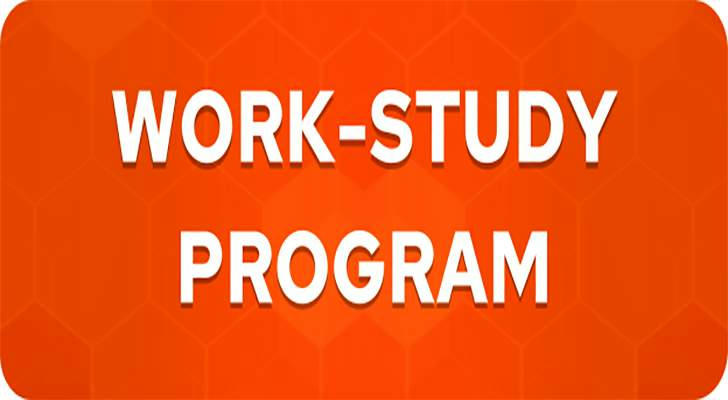Understanding Work-Study Programs: Balancing Education and Practical Experience
Work-study programs provide students with a unique opportunity to gain practical work experience while continuing their education. These programs are designed to help students offset the cost of schooling, build professional skills, and prepare for future careers. Work-study combines classroom learning with on-the-job training, offering a balanced approach to personal and professional development.
This article explores what work-study programs entail, their benefits, eligibility requirements, and how to participate.

What Is a Work-Study Program?
A work-study program is an educational initiative that allows students to work part-time while attending school. Unlike regular part-time jobs, work-study positions are often integrated with the student’s academic field or career interests. These programs are typically sponsored by educational institutions, government agencies, or employers committed to supporting student development.
The purpose is twofold: provide financial assistance to students and give them meaningful work experience related to their studies. Work-study jobs may be on-campus or off-campus and can range across various industries and roles.
Benefits of Work-Study Programs
Participating in a work-study program offers numerous advantages:
Financial Support: Students earn wages that help cover tuition, books, and living expenses, reducing reliance on loans.
Relevant Experience: Work-study jobs often relate directly to a student’s field of study, allowing them to apply classroom knowledge in real-world settings.
Skill Development: Students gain practical skills such as time management, communication, teamwork, and job-specific abilities.
Networking Opportunities: Working in professional environments helps students build contacts that may lead to future employment.
Flexible Scheduling: Work-study positions typically offer hours that accommodate academic schedules, making it easier to balance work and study.
Eligibility and Requirements
Eligibility for work-study programs varies depending on the institution and funding sources. Common criteria include:
Enrollment Status: Students must be enrolled at least part-time in an eligible educational program.
Financial Need: Many work-study opportunities are awarded based on demonstrated financial need, determined by financial aid applications or assessments.
Academic Progress: Maintaining satisfactory academic performance is usually required to continue participation.
Citizenship or Residency: Some programs require students to be citizens or legal residents of the country offering the program.
Applicants should check with their school’s financial aid office or program coordinator for specific eligibility requirements and application procedures.

Types of Work-Study Positions
Work-study jobs cover a wide range of fields and responsibilities. Examples include:
Administrative Support: Assisting in school offices, libraries, or academic departments.
Research Assistance: Helping faculty or staff with data collection, analysis, or project management.
Technical Support: Providing IT helpdesk services, lab maintenance, or equipment setup.
Community Service: Working with nonprofit organizations, tutoring, or outreach programs.
Retail and Customer Service: Roles in campus bookstores, cafeterias, or event management.
Positions often align with the student’s major or career goals, enhancing the relevance of the experience.
How to Apply for Work-Study
To participate in a work-study program, students typically need to complete a financial aid application, such as the FAFSA in the United States, which assesses eligibility for federal work-study funds.
After qualifying, students receive a work-study award amount indicating the maximum they can earn. They then search and apply for open work-study positions through their school’s career center or financial aid office.
It’s important to apply early, as work-study funds and jobs are limited and assigned on a first-come, first-served basis.
Balancing Work and Academics
One key to success in a work-study program is balancing job responsibilities with academic demands. Students should communicate clearly with supervisors about their class schedules and priorities.
Effective time management and organizational skills are essential to maintain academic performance while gaining valuable work experience.

Long-Term Advantages
Beyond immediate financial benefits, work-study participation can enhance a student’s résumé by demonstrating work ethic, responsibility, and relevant experience. Employers often value candidates who have successfully managed work and study commitments.
Work-study programs also serve as stepping stones to full-time employment after graduation, providing professional references and networking connections.
Conclusion
Work-study programs offer students a valuable blend of education and practical experience. They support financial needs while preparing students for successful careers. By participating in these programs, students can develop skills, build networks, and gain confidence that will serve them well beyond their academic years.
For students seeking to maximize their educational investment and enter the workforce prepared, exploring work-study opportunities is a smart choice.
